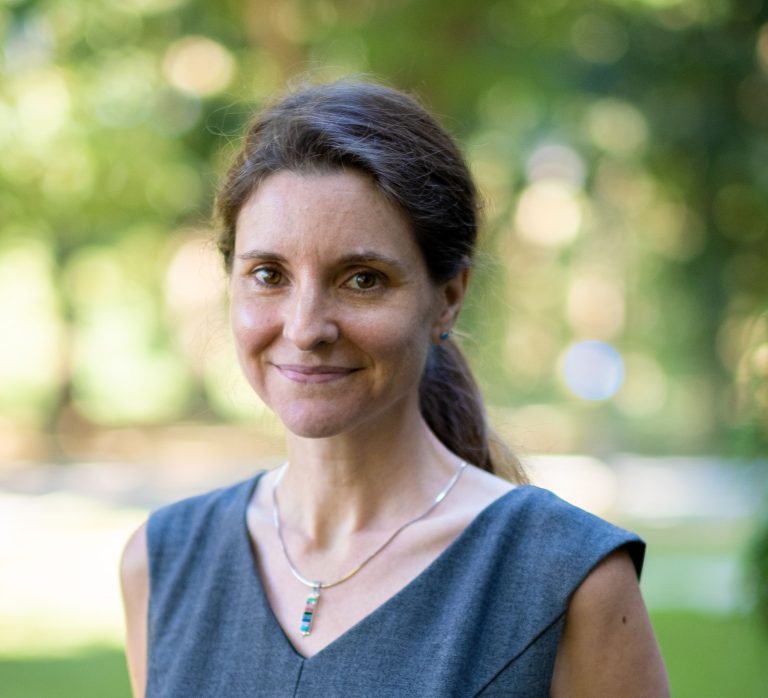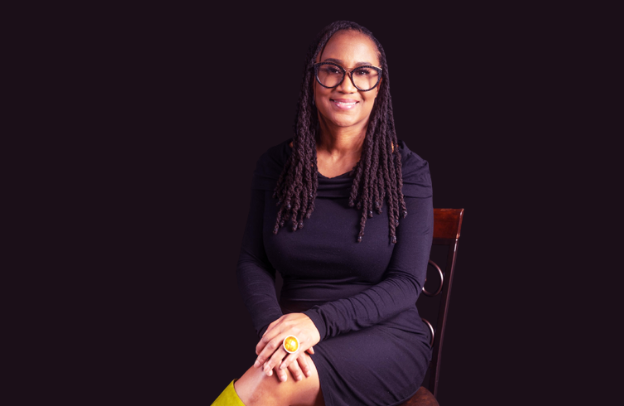Paulette Osuwu Talks About Children in the African Diaspora Community

In a world where knowledge is power, ensuring that every child has access to an excellent education is not just a matter of equity but a catalyst for positive change. Join Paulette Osuwu as she explores ways to bring transformation to the heart of diaspora communities, fostering a brighter future for the generations to come through her works.
Want to learn more about storytelling? Start by downloading the first chapter of The Storytelling Series for Small Businesses.
See the full podcast interview with Paulette Osuwu
Quality education to the children in the African diaspora
Bringing quality education to children in the African diaspora is essential for their personal development and the socio-economic growth of their communities. Here are five effective ways to achieve this:
- Invest in Infrastructure and Resources: Ensure that schools have proper infrastructure, including classrooms, libraries, laboratories, and access to clean water and sanitation facilities. Provide schools with up-to-date textbooks, teaching materials, and technology to enhance the learning experience.
- Teacher Training and Professional Development: Invest in teacher training and ongoing professional development programs. Well-trained and motivated teachers are crucial for delivering quality education. Encourage qualified educators to stay in the profession and attract talented individuals to teach in diaspora communities.
- Community Involvement and Engagement: Engage parents and local communities in the education process. Establish parent-teacher associations and community support networks to create a sense of ownership and responsibility for children’s education. Community involvement can also help identify specific needs and challenges faced by students.
- Curriculum Relevance and Cultural Sensitivity: Adapt the curriculum to be culturally relevant and sensitive to the unique experiences of African diaspora communities. Incorporate local history, culture, and traditions into the curriculum to make learning more engaging and relatable for students.
- Access to Scholarships and Financial Support: Provide financial support and scholarships to students from disadvantaged backgrounds. Many children in the African diaspora face economic challenges, and scholarships can help reduce barriers to accessing quality education. Collaborate with organizations and governments to fund these initiatives.
Additionally, it’s essential to address systemic issues such as poverty, discrimination, and social inequality that can hinder access to education in diaspora communities. Partnering with international organizations, NGOs, and local governments can help mobilize resources and support for these initiatives.
By combining these strategies, you can work towards bringing quality education to children in the African diaspora and empowering them to reach their full potential.
About the guest – Paulette (Ingram) Osuwu
Paulette Ingram, better known as Paulette Owusu, is gifted with a range of skills and talents. She is a new author and writer of Silent River, her first trilogy of three short stories. The other two books in this series, soon to be released, are Silent River Runs Deep and River Deep.
Paulette is also one of the many Co-Authors in the global achiever’s book, 2021 Summit
Silent River was birthed twelve years ago as a fiction story. But Paulette felt the incentive to complete it during the first COVID-19 lockdown in March 2020.
Her vivid imagination takes you to places that enable you to explore the power of the mind and question your own capabilities and relationships.
Paulette says, “Most people can find a piece of them in Silent River.”
Her greatest accomplishment is setting up her photography business, specializing in creating her on-the-floor backdrops where she crafts material into amazing scenes to enable children with disabilities to be placed in a world of pure imagination. The backdrops allow the child to appear in various motions and much more.
Paulette’s Photography gives parents and carers of children with disabilities a sense of resilience, power, and strength. Paulette says she wants to raise awareness of children with disabilities by highlighting their differences, to open conversation points.
Paulette was born and raised in southeast London. She is a behavior-learning mentor for children and young adults who have social or emotional problems that affect their learning. She is a mother of two young men who are also gifted in the art criteria.
Paulette is also co-owner of a company called I AM ECHO, teaching children and adults how to build confidence through the art of runway training. She is also a runway coach and was trained at the Laurie Small School of Modeling.
Her other skills involve writing poetry, writing songs, and singing. She has recently taken up sewing, creating body creams, designing clothes out of newspapers, and t-shirts, and working with youngsters in the community.
In addition, she enjoys long walks and going to the theatre. Paulette is also writing children’s picture books and creating story boxes for children with disabilities.
Her book synopsis: Silent River, don’t believe a word they say by Paulette Ingram
The book Silent River is based on a life lesson of friendship and trust. In the caption of the book, it says, “Don’t believe a word they say”.
When answering a question about the subject of the book, the author sends us a note which is represented as it is-
There are different types of secrets; and different styles of lies. Piper held on to plenty of them throughout her dysfunctional life. But these were not the lies you told when planning a surprise birthday party; these were the worst kind of lies that would eat away at your insides. Lies that would get you killed if you told anyone.
Piper battled to grow up amid the turbulence inflicted upon her in her own home as a young girl. Her Cousin Paige’s erratic behavior turns vicious, leading Piper to direct a genre of survival techniques. From compulsive lying to an accidental murderer, Piper is drawn into always covering for her cousin’s irrational thinking.
Piper also has her five friends to contend with; they share each other’s deepest darkest secrets. They make a pact that nothing and no one can come between them. But can Piper trust them? Can they trust each other?
The arrival of an anonymous letter on the principal’s desk leads to their dismissal from Whittington High Secondary School. An independent, state-of-the-art secondary school for the privileged white middle-class children.
As a series of events unfolds around them, the friends find themselves swimming deeper and deeper into the darkness; their lies and deceit become uncontrollable. Finally, a body is found after one of the friends hosts her 21st birthday party.
Piper and her friends are now the suspects; as the girls turn against one another to protect themselves, one of them must pay the price for the brutal murder. As a result, the girl’s relationship is jeopardized and ends abruptly.
But who has been watching them? Who knows all their lies? Who knows the most critical secret they hold so close to their hearts? A secret they would take to the grave.
In her Note from the Author, Paulette says, “To taste the adrenalin is to sit at the edge of what is possible. To succeed, You must take the risk to trust yourself. A challenge so monumental that your skills will be on show is intoxicating.
Learn More About Obehi Podcast
Obehi Podcast brings you leaders and experts from different industries to share their experiences, relating to the African diaspora, business, and storytelling. Listen to Obehi Podcast across different platforms: Spotify, Apple Podcast, YouTube, and much more.
Want to learn more about storytelling? Start by downloading the first chapter of The Storytelling Series for Small Businesses.





